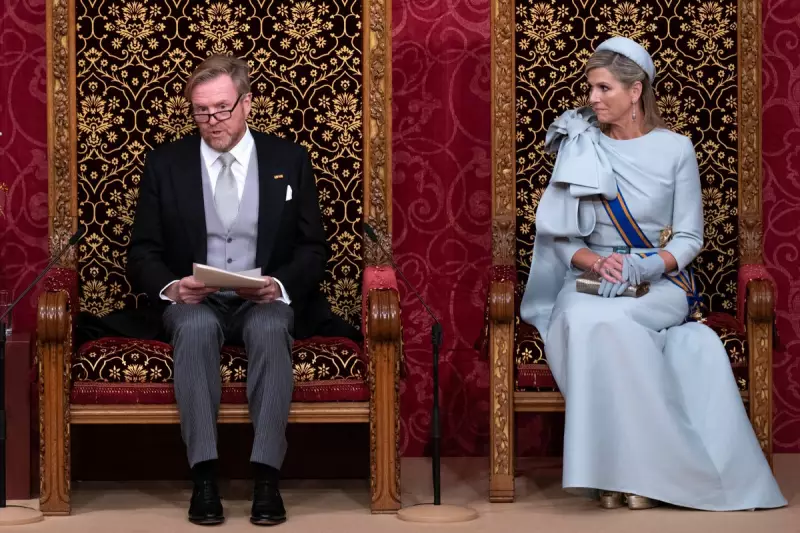
In a move that has sent shockwaves through European diplomatic circles, Dutch far-right leader Geert Wilders has dramatically suspended his party's parliamentary support for Ukraine. The decision comes as a direct retaliation against the Dutch government's steadfast pro-Israel stance regarding the conflict in Gaza.
The leader of the Party for Freedom (PVV), who stunned Europe by winning the Dutch general election in November, now holds a commanding position in coalition negotiations. This newfound influence allows him to wield significant power over the country's foreign policy direction, even before formally taking office.
A Strategic Withdrawal of Support
Wilders announced that his party would no longer back what he termed the Netherlands' "blind and indefinite" support for Ukraine. This declaration represents a pivotal shift for a nation that has been one of Kyiv's most vocal and material supporters since the Russian invasion began.
"The Netherlands must stop its blank cheque support for Ukraine," Wilders stated emphatically on social media platform X. His justification pointed directly to the ongoing situation in Gaza, framing his decision as a matter of diplomatic consistency.
Linking Two Distant Fronts
The controversial politician explicitly connected the two separate conflicts, arguing that The Hague's position on Gaza warranted a complete reassessment of its foreign policy commitments. "Because of the totally one-sided pro-Israel position of the Netherlands regarding Gaza, the PVV is now forced to suspend support for Ukraine," he declared.
This linkage between the Israel-Gaza conflict and European support for Ukraine marks an unprecedented development in international relations, potentially creating a dangerous precedent for conditional support in global conflicts.
Implications for European Unity
Political analysts are sounding alarms about the potential consequences of Wilders' move. The Netherlands has positioned itself as a key military supplier to Ukraine, providing advanced equipment including F-16 fighter jets. Any reduction or suspension of this support could create significant gaps in Ukraine's defensive capabilities.
More broadly, Wilders' actions threaten the fragile unity that the European Union has maintained regarding Ukraine. If other populist or far-right parties across Europe follow his lead, the collective Western response to Russian aggression could face substantial challenges.
As coalition talks continue in the Netherlands, the international community watches anxiously, aware that the outcome could reshape not only Dutch foreign policy but the entire European strategic landscape regarding both Ukraine and the Middle East.






